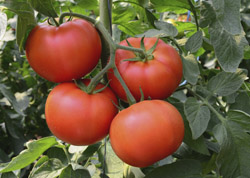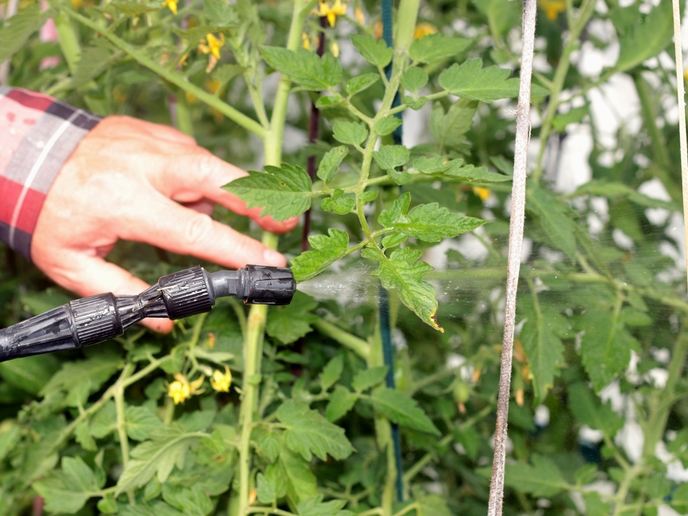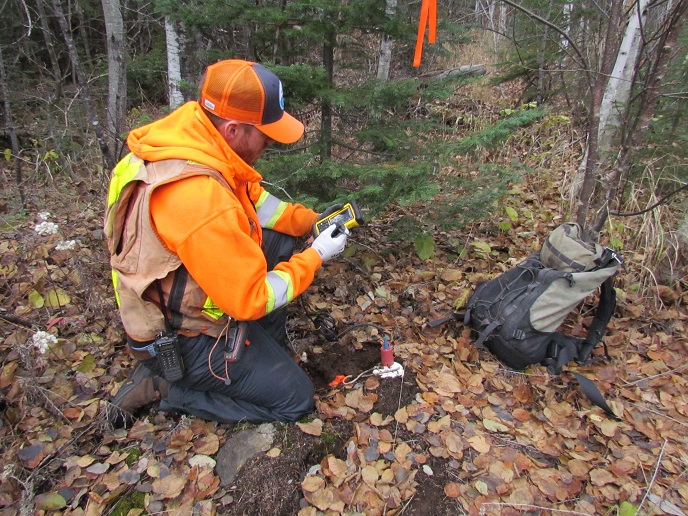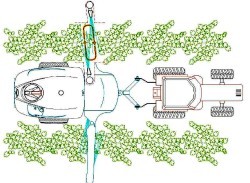Tomato and potato isoprenoid factories
ISOs, also called terpenoids, are a large and diverse class of naturally occurring lipids. These organic chemicals can be found in all classes of living things, and are the largest group of natural products. Plant ISOs are popular for their aromatic qualities. They are used in traditional herbal remedies and are under investigation for antibacterial, antineoplastic and other pharmaceutical applications. The global market for ISOs is in the range of USD 1 billion per annum. The EU-funded METAPRO project aimed to optimise the production of several useful ISOs to demonstrate the tools and strategies developed for generic production of useful secondary metabolites in plants. Genetic engineering approaches were demonstrated for astaxanthin formation and crocin production using tomato and potato. These crops are commonly grown and are produced worldwide and thus amenable to modern agricultural practices. Most of the fundamental reactions involved in the ISO formation pathway have been previously established. Project results show that secondary metabolism is not a separate entity, but rather a component linked to primary and intermediary metabolism. It also became apparent that biosynthesis and sequestration are interlinked and changes in metabolite composition can alter cellular structures used for deposition. During trials, both enzymatic and non-enzymatic degradation of synthetised ISOs occurred. To overcome this problem, a down-stream encapsulation was developed to facilitate product stability. Implementation of the new strategies led to the generation of exceptionally high levels of ISOs. The prototypes are now available to perform production, technical and economic feasibility studies with a wide range of ketocarotenoid-producing varieties. METAPRO is continuing dissemination of its findings at every opportunity to the scientific community, general public, schools and government agencies. Over the duration of the project, 30 peer-reviewed publications have been generated with several in high-impact journals such as Science, PNAS and Plant Cell. The project advanced fundamental scientific knowledge and highlighted potential improved sustainable bio production. It has illustrated how compounds typically generated by chemical synthesis can potentially be produced in renewable bio sources at competitive levels.
Keywords
Isoprenoids, terpenoids, agriculture, genetic engineering







